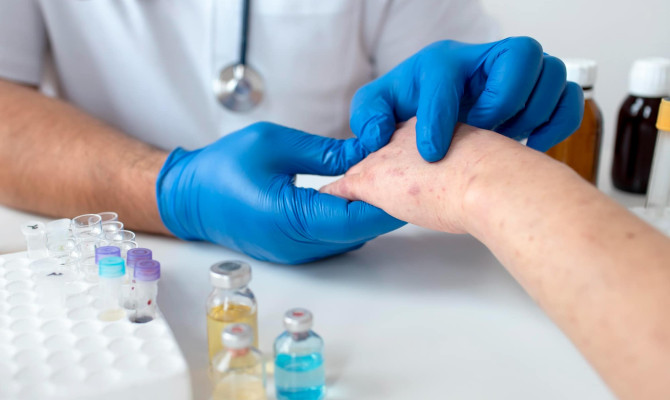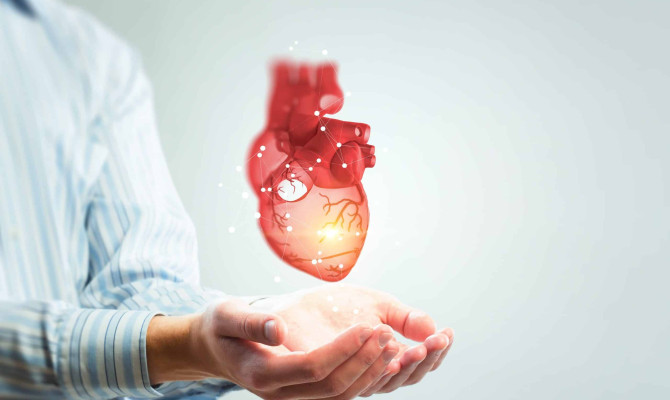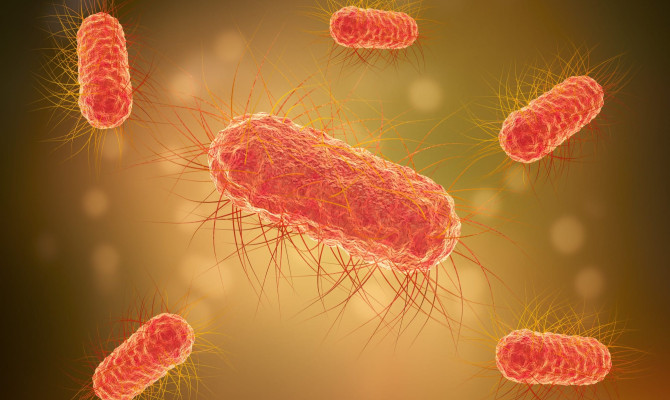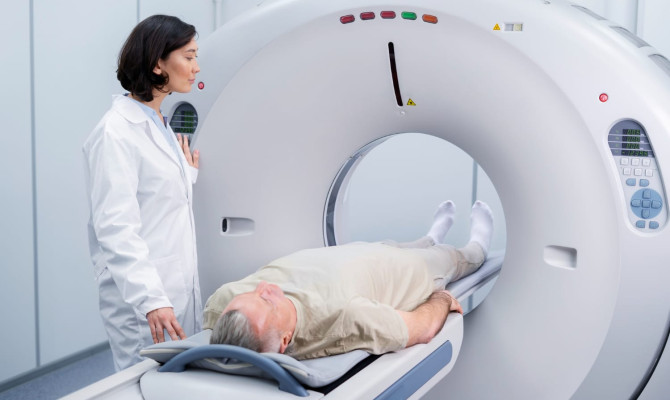Diabetic Nephropathy: Causes, Complications and Management

- Diabetic nephropathy
- 14 Aug 2023
Overview
What is diabetic nephropathy?
Diabetic nephropathy(diabetic kidney disease)is the deterioration of kidney functioning due to long-term diabetes(high blood sugar ). It is one of the severe complications of diabetic people, ultimately leading to kidney failure.
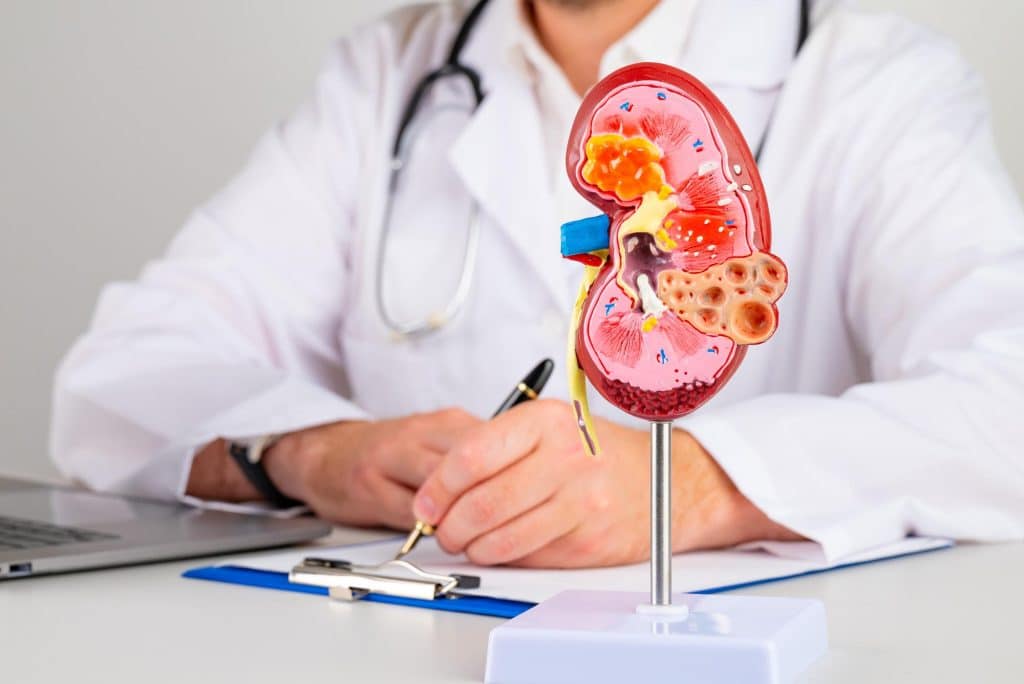
How diabetes affects the kidneys?
Diabetes is the condition of high levels of sugar in our bodies. In this disease, the body cannot correctly process the glucose in our body leading to the accumulation of extra glucose in the blood, which ultimately impairs the glomerular membrane(which plays a role in kidney filtration) and other nephrons (kidney’s filtering units) parts. Impaired glomeruli( groups of tiny blood vessels in the nephron) cannot correctly filter the toxins in the body fluids; as a result, toxins accumulate in the body. Over the years, the toxin accumulation has led to kidney malfunctioning 1Overview | Researched based study from Nlm.nih.gov.
Facts
Facts about diabetic nephropathy
- Diabetic nephropathy disturbs the kidney’s capacity to filter and remove waste fluids from our bodies.
- Diabetic nephropathy lead to the last stage of kidney disease, and the kidneys cannot function properly.
- The danger of acute kidney damage (AKI) in patients with diabetic nephropathy necessitates the use of nephrotoxic drugs with utmost caution.
- Diabetes nephropathy and diabetic retinopathy(Vision loss in diabetics) are related. 9Facts | Researched based study from Nlm.nih.gov
- Diabetic nephropathy patients experience kidney damage symptoms much later (after ten years ).
- A high risk of developing diabetic nephropathy exists in some racial groups, such as African Americans, Native Americans, and Mexican Americans. 9Facts | Researched based study from Nlm.nih.gov
- By controlling diabetes and high blood pressure, one can postpone diabetic nephropathy 1Facts | Researched based study from Nlm.nih.gov
Symptoms
Symptoms of diabetic nephropathy
- Fluid retaining
- High blood pressure
- Swelling of the hands, feet, ankles and eyes
- Excreting protein in the urine
- Foam(bubbles) in urine
- Intense urge to urinate
- Extreme tiredness
- Extreme weakness
- Reduced appetite
- Stomach problem
- Nausea and vomiting
- Headache
- Sleeplessness
- Anxiety
- Confusion
- Abnormal heart rate
- Difficulty in breathing
- Continual itching of the skin
- Muscle spasm
- Decreased need for diabetes medicine2Symptoms | Researched based study from Niddk.nih.gov
Causes
What are the causes of diabetic nephropathy ?
High blood sugar
- Uncontrolled diabetes causes impairment of the glomeruli of the nephron responsible for filtering the toxic waste from our blood leading to diabetic nephropathy.
High blood pressure
- Uncontrolled high blood pressure creates additional pressure in the kidney nephrons, which causes further kidney malfunction and rapid kidney damage 3Causes | Researched based study from Sciencedirect.com
Risk factor
Risk factors of diabetic nephropathy
- Smoking
- Increased body weight
- Hyperglycemia (high blood sugar)
- Hypertension(high blood pressure)
- High cholesterol in the blood
- Have other diabetic complications such as nerve problems and eye problem
- Having a hereditary history of kidney problem
- Having diabetes before the age of 20 4Risk factors | Researched based study from Sciencedirect.com
Diagnosis
Diagnosis of diabetic nephropathy
Blood urea nitrogen (BUN) blood test
- It looks at whether the kidneys are functioning properly
- It looks for urea nitrogen level in the blood which is the kidney’s waste product to be eliminated from the body
- An elevated level of BUN indicates some problem in the kidneys.5Diagnosis | Researched based study from Sciencedirect.com
Serum creatine blood test
- It checks for proper kidney functioning
- It checks for the creatine levels in the blood creatine is a waste product made by the body’s muscles
- This test is recommended by doctors when patients have painful urination or foam or bubbles in their urine.5Diagnosis | Researched based study from Sciencedirect.com
Microalbuminuria urine test
- It is a test to screen for kidney disease
- It checks for excess albumin in the urine, and the condition is called microalbuminuria.
Kidney biopsy
- A doctor recommends a kidney biopsy to confirm the kidney disease
- The procedure takes small kidney tissue samples that are examined with a microscope 5Diagnosis | Researched based study from Sciencedirect.com .
Stages
Different stages in diabetic nephropathy (kidney disease)
Depending on the patient’s glomerular filtration rate (GFR), the kidney disease is divided into the following stages 6Stages| Researched based study from Sciencedirect.com
Stage 1 chronic kidney disease
- Kidney impairment is present
- Kidney functioning is normal
- GFR rate is 90% or more
Stage 2 chronic kidney disease
- Kidney impairment with a little loss of kidney function
- GFR rate is 60 to 89%
Stage 3 chronic kidney disease
- Mild to moderate loss of kidney function
- GFR rate is 30 to 59%
Stage 4 chronic kidney disease
- Severe loss of kidney function
- GFR rate is 15 to 29%
Stage 5 chronic kidney disease (end-stage renal disease or end-stage kidney disease )
- Very close to failure or complete kidney failure
- GFR rate is below 15% 6Stages | Researched based study from Sciencedirect.com
Management
Management of diabetic nephropathy
Diabetic nephropathy is incurable, but treatments can slow the disease’s advancement.
Medicine
Angiotensin receptor blockers
- Used to treat high blood pressure and heart failure ( i.e.heart muscle does not pump enough blood)
Angiotensin-converting enzyme (ACE) inhibitors
- Used to treat high blood pressure 8Management | Researched based study from Nlm.nih.gov
- Prevents narrowing of the blood vessels
Kerendia
- Prevents worsening of kidney disease
- Reduces the GFR( glomerular filtration rate) decline
- Reduces the risk of heart attack
Diet modification
- Eating healthy fats such as salmons, sardines, walnuts
- Reducing salt intake
- Restricted protein uptake
- Limiting potassium-containing foods like spinach, avocados and bananas
- Limiting high-phosphorus foods like processed meat, milk, and yogurt 7Management | Researched based study from Sciencedirect.com
Lifestyle modification
Regular physical exercise, walking and jogging can
- reduce one’s blood sugar and
- manage stress
- Reduce the risk of heart disease
- Delay diabetic nephropathy
Periodically doing yoga and meditation can
- Reduce the stress in our body
- Control blood sugar and blood pressure and
- Slows the progression of the kidney disease
End-stage renal disease treatment
Dialysis
- Dialysis is recommended for patients with kidney malfunctioning 7Management | Researched based study from Sciencedirect.com
- Dialysis performs the kidney function artificially outside of the body
- Removes unwanted body toxins and excess fluids from the blood
Kidney transplant
- Recommended to patients with total kidney damage
- Surgery is performed to replace the damaged kidney with the donor’s kidney
- The donor kidney should be a good match with the patient’s kidney 7Management | Researched based study from Sciencedirect.com ,8Management | Researched based study from Nlm.nih.gov
Complications
Complication of diabetic nephropathy
Hyperkalemia
- increased potassium level in the blood 8Complications | Researched based study from Nlm.nih.gov
Diabetic retinopathy
- It affects blood vessels of the retina and causes blindness 8Complications | Researched based study from Nlm.nih.gov
Pulmonary edema
- Abnormal fluid builds up in the lungs and
- Swelling due to fluid retention is seen in arms and legs
Cardiovascular disease
- A disease of the blood vessels and heart 8Complications | Researched based study from Nlm.nih.gov
- It can lead to stroke (cut off of blood supply to part of the brain due to blocked artery)
Bone mineral disorder
- Calcium and phosphate levels in the blood change
- It also causes hormonal imbalances
Anemia
- Lack of healthy RBC (red blood cells) to carry oxygen to the body’s cells
Foot sores
- Swelling and inflammation in the foot area that does not heal easily
Pregnancy complication
- Premature birth 8Complications | Researched based study from Nlm.nih.gov
- High blood pressure in the mother
- Causes life risks for both the mother and fetus
Diarrhea
- Frequent loose, watery stool
Erectile dysfunction
- It is a sexual dysfunction in males 8Complications | Researched based study from Nlm.nih.gov
- Causes difficulty in maintaining penile erection
Complete kidney damage
- Needs dialysis and kidney transplant 8Complications | Researched based study from Nlm.nih.gov
Prevention
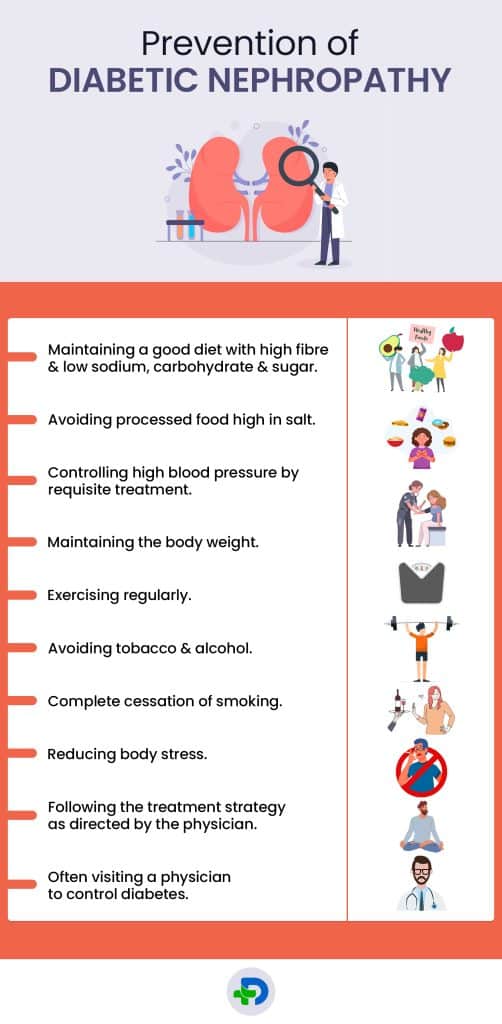
Prevention of diabetic nephropathy
- Maintaining a good diet with high fibre and low sodium, carbohydrate and sugar
- Avoiding processed food high in salt
- Controlling high blood pressure by requisite treatment
- Maintaining the body weight
- Exercising regularly
- Avoiding tobacco and alcohol
- Complete cessation of smoking
- Reducing body stress
- Following the treatment strategy as directed by the physician
- Often visiting a physician to control diabetes 7Prevention | Researched based study from Sciencedirect.com
Takeaways
Key Takeaways
- People with diabetic nephropathy should manage their blood pressure, body weight and blood sugar.
- Earlier starting of the diabetes treatment delays the kidney disease
- People with diabetes should visit the physician regularly and take required precautions as recommended to prevent the kidney disease from advancing
Any feedback on this article?
 This Articles content was accurate
This Articles content was accurate Very Informative Article
Very Informative Article I have a question or a comment
I have a question or a comment
 This article contains inaccurate content
This article contains inaccurate content This article was not helpful
This article was not helpful I have a question or a comment
I have a question or a comment
We appreciate your helpful feedback!
Checkout our social pages
References
-
National Library of Medicine
Diabetic Nephropathy | Overview | Facts
-
National Institute of Diabetes and Digestive and Kidney Diseases
What Is Chronic Kidney Disease? | Symptoms
-
Science Direct
DIABETIC NEPHROPATHY | Causes
-
Science Direct
Clinical data and risk factors for diabetic nephropathy in Brazilian central population | Risk factors
-
Science Direct
Diagnosis of diabetic kidney disease: state of the art and future perspective
-
Science Direct
Definition and classification of chronic kidney disease: A position statement from Kidney Disease: Improving Global Outcomes
-
Science Direct
Diabetic Nephropathy: Prevention and Management | Management | Prevention
-
National Library of Medicine
Diabetic nephropathy – complications and treatment | Management | Complications
-
National Library of Medicine
Diabetic Nephropathy | Facts












